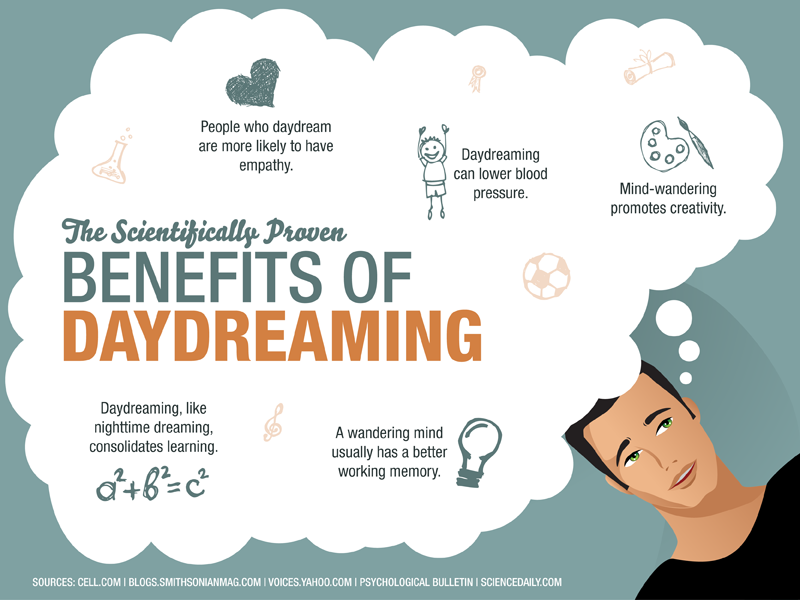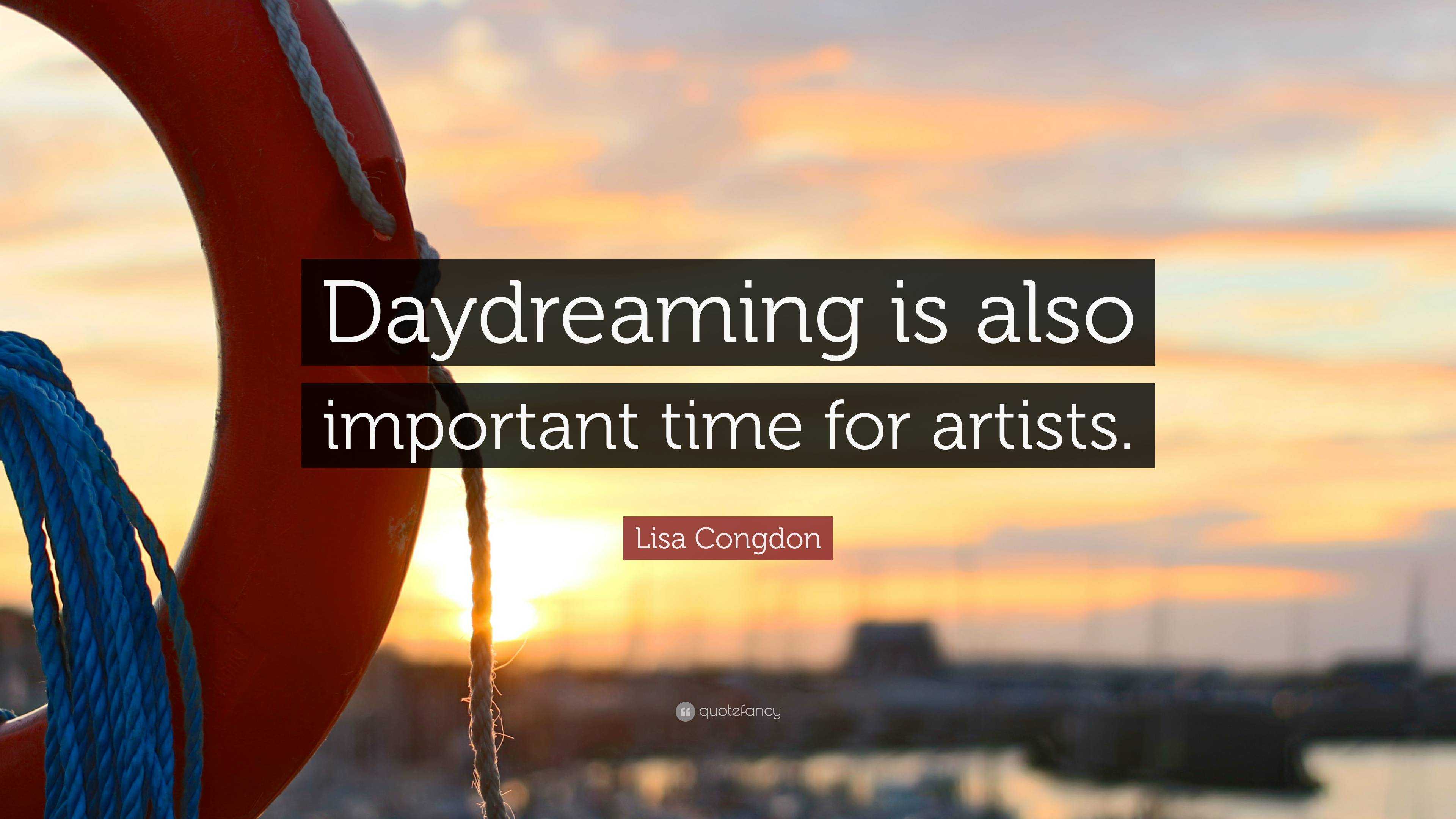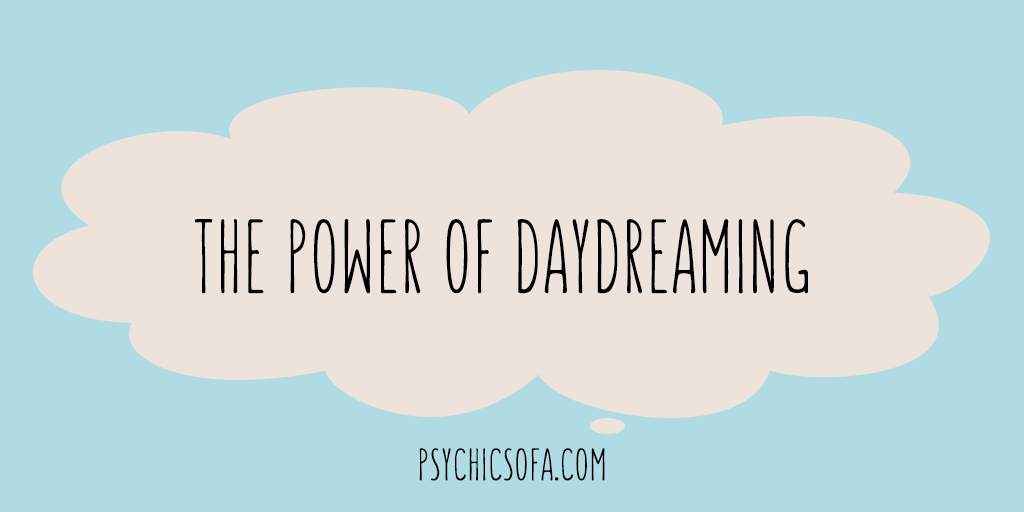
8 Reasons to Encourage Your Child’s Daydreaming
Daydreaming is a capability supported by our ability to imagine (which some people associate with "right-brain" activities) whereas being logical, verbal, and orderly is supported by our rational.

5 Positive Side of Daydreaming CareerGuide
"Daydreaming can be an indication that someone is suffering from concentration difficulty, which is seen in many mental illnesses, including depression, anxiety, post-traumatic stress disorder,.

The Scientifically Proven Benefits of Daydreaming Naked Reverie
When we consider that daydreaming is a hallmark of ADD/ADHD, one has to question if neurodivergent children are being labeled as "underachievers" or "troublemakers" for simply engaging in.

What Is DAYDREAMING? DAYDREAMING Definition & Meaning YouTube
A wandering mind. Daydreaming sometimes gets a bad reputation: Students who don't pay attention in class end up having trouble completing coursework, and workers who spend meetings thinking about.

Daydreaming is Good. It Means You’re Smart Dream Health
Excessive daydreaming is often associated with anxiety, and some researchers have found that it may be linked to feelings of guilt, dysphoria, and inability to control your attention. Mental.

Daydreams are Powerful! Creative World School
After a long day at work or after a disagreement with a friend, let your mind float away to something completely unrelated and pleasurable. This might help you forget about and distance yourself from the worrisome circumstances.

Lisa Congdon Quote “Daydreaming is also important time for artists.”
Although daydreaming has some negative connotations, it actually has many benefits if done correctly, including boosting creativity and well-being. As a kid and young adult, Kristen Sobel was a.

Daydreaming shows your smartness, creativity
Overview What is maladaptive daydreaming? Maladaptive daydreaming is a mental health issue where a person daydreams excessively, sometimes for hours at a time. "Maladaptive" means this type of daydreaming is an unhealthy or negative attempt to cope with or adapt to a problem.

Quotes about Daydreaming (110 quotes)
A daydream is when your mind wanders and your attention shifts from the task at hand whether it be physical or mental, to a place that is entirely your own. Daydreams consist of little videos of yourself in past, future and present events.

Maladaptive daydreaming Symptoms and management
Daydreaming may be good for creativity Anecdotally, mind-wandering has been associated with creativity for centuries. But this link to creativity may depend on the type of mind-wandering you do, as a new study by the University of Calgary's Julia Kam and her colleagues suggests.

How to Stop Daydreaming and Start Living Your Life
During quiet waking, brain activity in mice suggests the animals are daydreaming about a recent image. Having daydreams about a recently viewed image predicted how the brain would respond to the image in the future. The findings provide a clue that daydreams may play a role in brain plasticity.

Surprising Facts About Daydreaming Live Science
Maladaptive daydreaming occurs when a person engages in prolonged bouts of daydreaming, often for hours at a time, to cope with a problem. The daydreaming is "maladaptive" because it causes significant distress and impairment. The daydreams are often vivid and complex plots that elicit a great deal of emotion.

Why You Should Daydream More (In 3 Minutes) HuffPost
They found the themes of "distraction from an unpleasant reality," "wish fulfillment," and "fighting boredom " to be the most commonly cited daydreaming themes. Other common themes.

Scientists say daydreaming gives you a brain boost MiNDFOOD
Daydreaming — when our attention shifts to thoughts unrelated to our environment and experience — might seem like an easy escape from the here and now, but it can be a complicated mental task..

What is daydreaming? OverSixty
Humans spend a ridiculous amount of time daydreaming; in some individuals, as much as 50% of their time not spent sleeping, according some estimates. The technical term psychologists use to.

The Power Of Daydreaming
Parts of the brain show sleep-like activity when your mind wanders. Our attention is a powerful lens, allowing our brains to pick out the relevant details out of the overwhelming flow of.